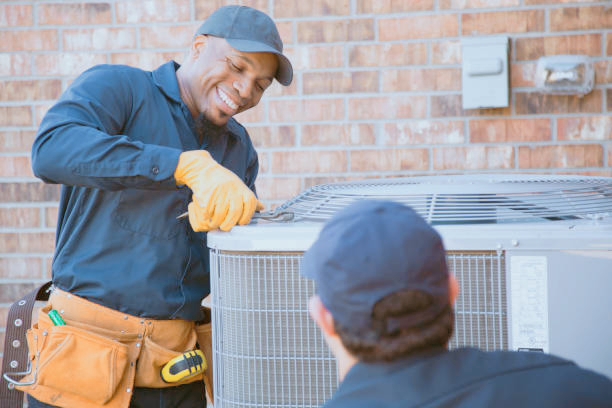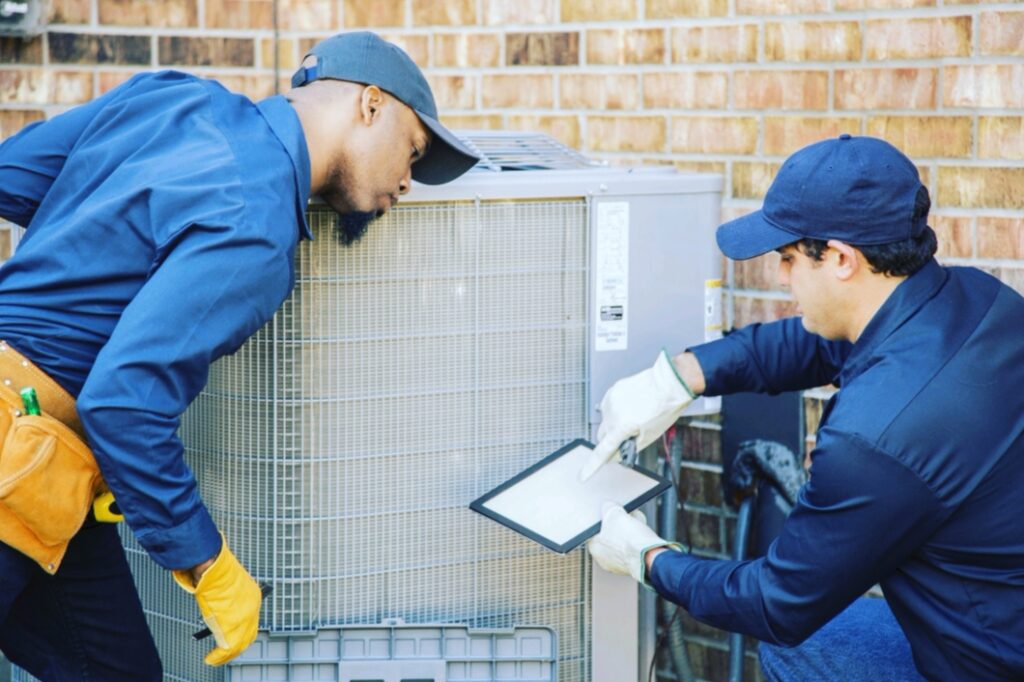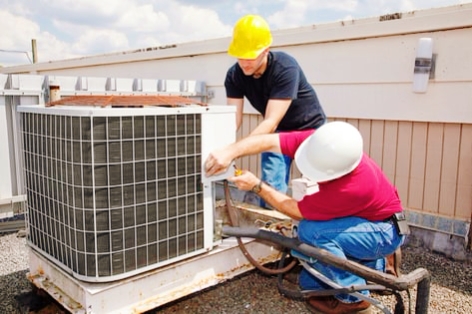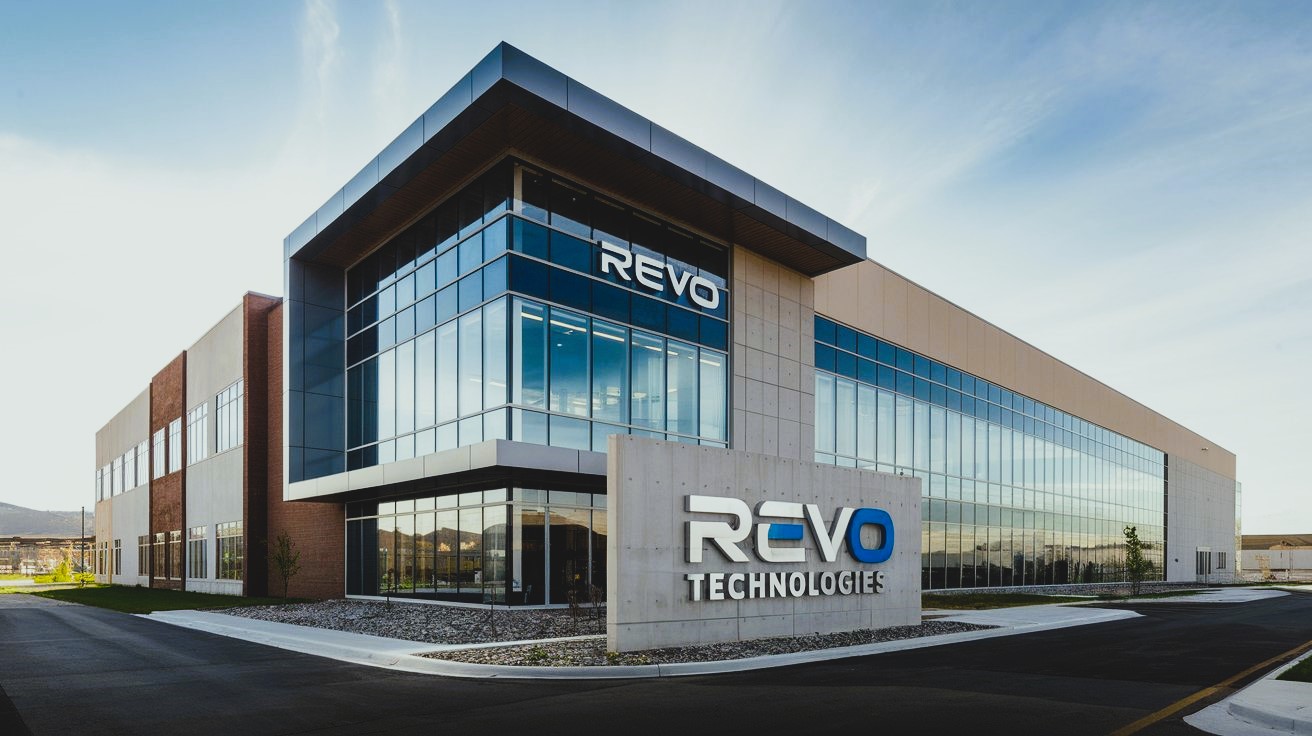The heating, ventilation, and air conditioning (HVAC) industry is essential in maintaining comfortable indoor environments for homes, offices, and commercial spaces. As energy efficiency and climate control technology continue to evolve, HVAC technicians play a crucial role in installing, maintaining, and repairing these systems. But how much do HVAC techs make? In this article, we’ll explore the earning potential of HVAC technicians, factors that influence their salaries, and ways to increase earnings in the HVAC field.
1. What Does an HVAC Tech Do?
HVAC technicians are responsible for installing, repairing, and maintaining heating and cooling systems. They work on equipment like air conditioners, furnaces, heat pumps, and refrigeration systems. HVAC techs also perform routine maintenance tasks to ensure systems run efficiently, troubleshoot problems, and replace faulty parts. Some techs specialize in specific systems, while others are generalists who can work on both residential and commercial equipment.
2. Average Salary of HVAC Technicians
The salary of an HVAC technician can vary depending on factors like location, experience, and level of specialization. On average, HVAC techs in the United States make between $40,000 and $70,000 per year. According to the U.S. Bureau of Labor Statistics (BLS), the median annual wage for HVAC technicians in 2023 was $53,410.
However, experienced techs in high-demand areas or those with advanced certifications can make much more. Top earners in the field can command salaries upwards of $75,000 or more, especially in urban areas with high living costs or in regions where HVAC services are in high demand due to extreme weather.
3. Factors That Affect HVAC Tech Salaries
Several key factors influence how much HVAC techs make:
a) Location
Location plays a significant role in determining HVAC salaries. Technicians in states with extreme climates, such as Florida, Texas, or Arizona, often earn higher wages because HVAC systems are critical year-round. In contrast, salaries might be lower in areas with milder climates where HVAC systems are not as heavily relied upon.
b) Experience
Like most trades, experience impacts salary. Entry-level HVAC techs typically earn less than experienced technicians. As techs gain more on-the-job experience, they can expect higher pay, especially if they continue their education and gain certifications.
c) Certification and Education
Holding specialized certifications, such as EPA 608 Certification or certifications from organizations like NATE (North American Technician Excellence), can boost an HVAC technician’s salary. Certified technicians are often more in demand because they demonstrate a higher level of expertise, making them more valuable to employers.
d) Type of Employer
HVAC techs working for large commercial or industrial companies often make more than those working for small residential HVAC businesses. Large companies may offer higher wages and benefits due to the scale and complexity of the work involved.
e) Union Membership
Technicians who belong to unions, such as those affiliated with the United Association (UA), often earn higher wages and better benefits. Unions negotiate wages on behalf of their members, ensuring competitive pay rates for HVAC technicians.
4. Entry-Level vs. Experienced HVAC Tech Salaries

a) Entry-level HVAC Tech Salaries
Entry-level HVAC technicians can expect to make between $30,000 and $45,000 per year. While these salaries are on the lower end of the scale, they provide a solid starting point for techs entering the industry. With time, training, and experience, entry-level technicians can quickly increase their earning potential.
b) Experienced HVAC Tech Salaries
Technicians with 5 to 10 years of experience can make significantly more, with salaries ranging from $50,000 to $70,000 per year, depending on location and specialization. HVAC techs who specialize in areas like refrigeration, green energy, or commercial systems often earn on the higher end of this range.
5. Highest-Paying HVAC Specializations
While general HVAC techs earn competitive wages, certain specializations offer higher earning potential:
a) Refrigeration
Technicians specializing in refrigeration systems, particularly those used in commercial and industrial settings, often command higher wages due to their complexity.
b) Green Energy and Solar Systems
As the world moves toward sustainable energy, HVAC techs specializing in energy-efficient systems, solar power, and green technologies are in high demand. This demand often leads to higher salaries for techs with expertise in these areas.
c) Commercial HVAC Systems
Technicians working on large-scale commercial HVAC systems typically earn more than those focusing solely on residential systems. Commercial systems are larger, more complex, and require additional training and expertise.
6. HVAC Technician Salary by State
As mentioned earlier, location is a major factor in determining an HVAC tech’s salary. Below are some of the states where HVAC technicians typically earn higher wages:
- Alaska: $70,100/year
- Hawaii: $69,050/year
- Connecticut: $66,160/year
- New York: $65,580/year
- California: $64,000/year
States with the highest demand for HVAC services tend to pay more. Factors like climate, population density, and the local cost of living all influence salary levels.
7. How to Increase Your Salary as an HVAC Tech
a) Earn Certifications
The more certifications you have, the more valuable you become in the HVAC industry. Certifications in specific systems, such as refrigeration or energy-efficient HVAC technologies, can make you more attractive to employers.
b) Gain Experience
With experience comes the ability to handle more complex systems, which can lead to promotions and salary increases. As you gain more years in the field, your earning potential will naturally grow.
c) Move to High-Demand Areas
If you’re looking to increase your salary, consider relocating to a state or city with high demand for HVAC services. Urban areas or regions with extreme weather tend to offer higher wages.

d) Work for Larger Companies
Large HVAC companies, especially those involved in commercial or industrial work, tend to pay more than small residential businesses. If you’re looking to boost your income, consider working for a larger employer.
8. Future Outlook for HVAC Technician Salaries
The HVAC industry is expected to grow steadily over the coming years, with the BLS predicting an 8% growth rate for HVAC jobs between 2020 and 2030. As demand for energy-efficient systems and green technology increases, so too will the need for skilled HVAC technicians.
Conclusion
The salary of an HVAC technician varies based on experience, location, specialization, and certifications. Entry-level techs can expect a solid starting wage, with plenty of room for growth as they gain experience and expertise.
HVAC technicians who specialize in high-demand areas, such as green energy or refrigeration, often see even higher salaries. Whether you’re new to the field or looking to advance your career, the HVAC industry offers strong earning potential and job security in a growing field.





